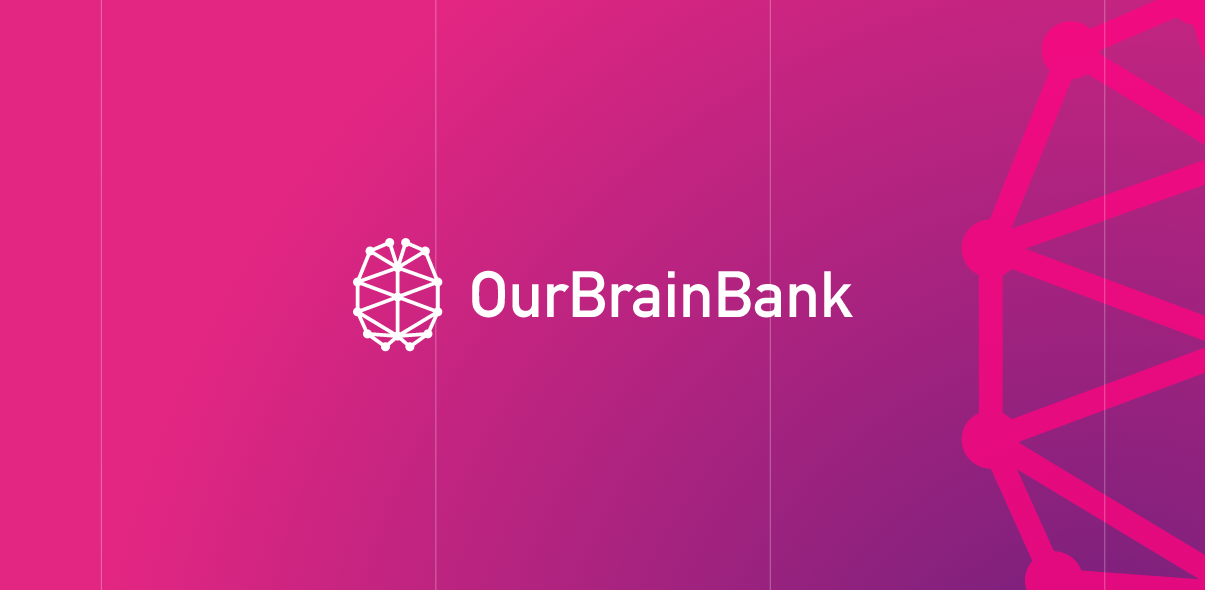LATEST NEWS
Use Your Brains!
NEWS July 2023

Charity launches campaign demanding action to support ‘The neglected cancer’ glioblastoma.
Brain cancer charity OurBrainBank is to publish a white paper as part of a ‘Use Your Brains!’ campaign to demand greater recognition of, and support for, what it calls the neglected cancer glioblastoma (GBM).
The charity, founded to crusade on behalf of the growing community of those affected by the disease, is making a series of demands in the report entitled GBM – The Neglected Cancer in the Treatment Revolution. It urges those in power and healthcare to take action and focus their minds on GBM, giving it the attention it deserves.
The paper, to be published on July 5, is an in-depth study into the state of care and therapies available to people diagnosed with GBM in the UK. It concludes that five vital steps should be taken immediately to improve the situation for UK GBM patients and to ensure they do not miss out on the benefits of the personalised cancer treatment revolution built on recent advances in genomics, the science of cancer genetics.
Glioblastoma is an aggressive form of brain cancer with a very poor prognosis. It is the most common type of primary malignant brain tumour in adults. The average survival time from diagnosis to death is just 14 months, with only about 5% of sufferers surviving more than five years. It is estimated that annual cases of brain tumours will reach more than 14,000 by 2035 and, in the UK, about 3,200 cases of GBM are diagnosed each year.
The campaign is being spearheaded by Nicola Nuttall, mother of Laura – who tragically passed away from the disease in May aged just 23 – and journalist Richard Clemmow, the widower of former BBC executive Jana Bennett, who died in January 2022, aged 66. Both are UK trustees of the charity.
OBB believes the disease is being neglected by the healthcare system and that research into it isn’t being funded like other cancers. It is making the following five demands to government:
1. Universal frozen tissue storage, necessary for genomic sequencing of a patient’s tumour, with an attainable target for that being achieved to be set immediately.
2. Universal genomic sequencing for all GBM patients where tissue is available, with an attainable target for that being achieved to be set immediately.
3. Specific, reliable GBM information for patients and carers on NHS and other official UK Government websites.
4. An increase in the number of UK drug trials for GBM, with a stretch target to be set immediately.
5. Translational research, that is treatment focused research that promises early transition from “bench to bedside”, to be given funding priority.
The white paper will be launched at the British Neuro-Oncology Society conference in Manchester next week and argues that, while significant advances informed by genomics have been made in recent years in the treatment of many more common cancers, little progress has been made on GBM, with the standard of care in the NHS unchanged for almost 20 years.
Spending on cancer research in the UK appears to correlate more closely with the overall number of deaths than with lower survival rates, leading to higher research spending on common cancers rather than those that are most lethal, according to the report’s findings.
Nicola Nuttall, who has vowed to campaign tirelessly to honour her daughter, said: “We believe that this brutal disease is being neglected in relation to research, treatment options, and standard of care. It is being under-represented and feels, in many ways, that it has been abandoned.
“This white paper has identified five vital steps that we think should be taken immediately to improve the situation for GBM patients and their loved ones. These can be actioned straight away and this approach needs to be about our patients not our patience – the system is very frustrating and lumbering.
“We will continue campaigning until we feel that this type of cancer is given greater recognition by those in power.”
And Richard Clemmow added: “Glioblastoma has been consistently overlooked by those in charge of the NHS at all levels. It’s a scandal. Whilst huge advances have been made in treatment of more common cancers, the situation for people diagnosed with glioblastoma hasn’t changed in 20 years. We should hold politicians and those in healthcare to account. We all need to use our brains and focus our minds on the report’s findings immediately.”




